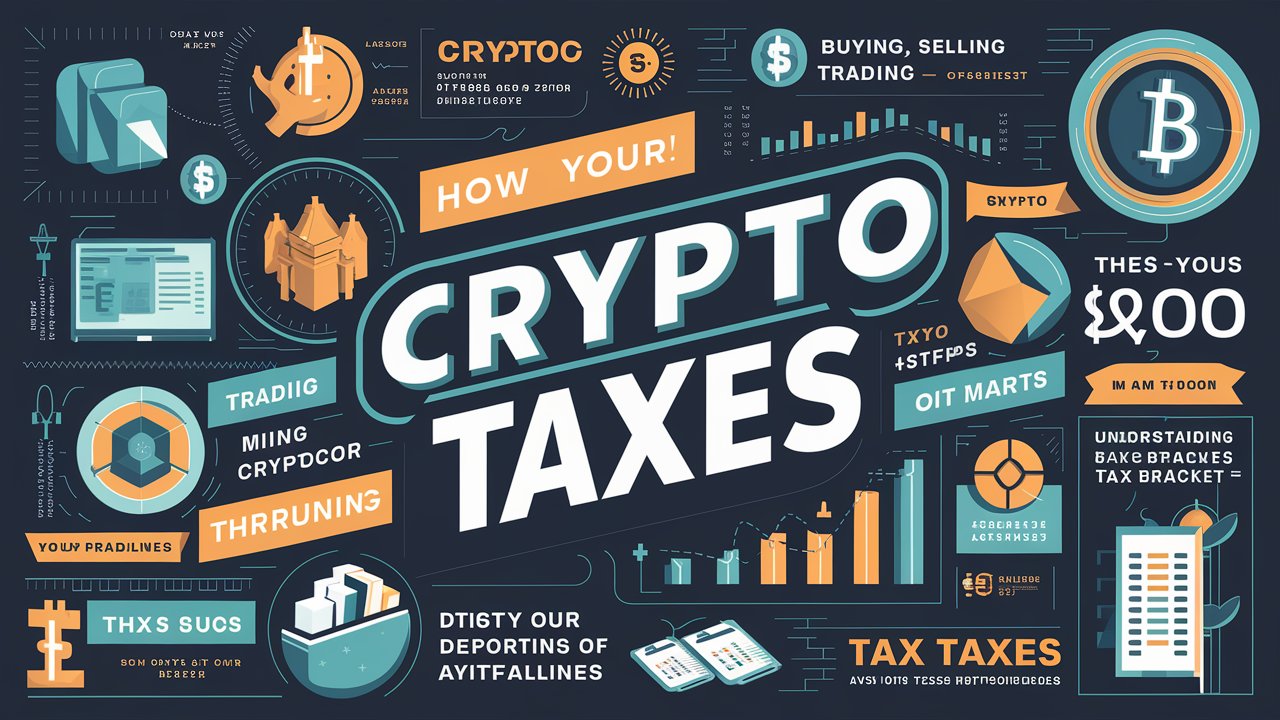In the ever-evolving landscape of cryptocurrencies, the quest to find the next Bitcoin is a journey fueled by innovation, speculation, and technological advancements. As investors and enthusiasts seek to identify the next groundbreaking digital asset, the crypto market continues to witness the rise of new contenders vying for the title of the next Bitcoin.

Unraveling the Mystery: What Makes Bitcoin So Special?
Bitcoin, often hailed as the pioneer of cryptocurrencies, holds a unique position in the digital realm. Its decentralized nature, limited supply, and widespread adoption have cemented its status as a digital gold standard. Understanding the key attributes that contribute to Bitcoin’s success is crucial in evaluating potential successors.
Decentralization: The Backbone of Bitcoin
Bitcoin’s decentralized network, powered by blockchain technology, ensures that no single entity has control over the network. This decentralization fosters transparency, security, and censorship resistance, making Bitcoin a reliable store of value.
Limited Supply: Scarcity Breeds Value
With a fixed supply capped at 21 million coins, Bitcoin exhibits scarcity akin to precious metals like gold. This deflationary model, coupled with increasing demand, has propelled Bitcoin’s price to astronomical heights, driving investor interest worldwide.
Global Adoption: From Niche to Mainstream
Over the years, Bitcoin has transitioned from a niche asset to a mainstream investment vehicle. Its acceptance by institutional investors, corporate giants, and payment processors has bolstered its legitimacy and utility, paving the way for widespread adoption.
The Search for the Next Bitcoin: Emerging Contenders
As the crypto market matures, several contenders have emerged, each vying for the coveted title of the next Bitcoin. While predicting the future of cryptocurrencies is inherently speculative, analyzing promising projects and innovative technologies can provide valuable insights into potential frontrunners.
Ethereum (ETH): Beyond Digital Currency
Ethereum, often touted as the silver to Bitcoin’s gold, stands out for its versatility and functionality. As a platform for decentralized applications (DApps) and smart contracts, Ethereum offers a robust ecosystem for developers to build and deploy blockchain-based solutions.
Cardano (ADA): A Paradigm Shift in Scalability
Cardano distinguishes itself with its focus on scalability, sustainability, and interoperability. Utilizing a proof-of-stake (PoS) consensus mechanism and rigorous academic research, Cardano aims to address the scalability trilemma while ensuring environmental sustainability.
Solana (SOL): Breaking Speed Barriers
Solana has garnered attention for its lightning-fast transaction speeds and low fees, offering a scalable solution for decentralized finance (DeFi) and Web3 applications. Powered by a unique consensus mechanism known as proof-of-history (PoH), Solana aims to revolutionize the way blockchain networks operate.

Evaluating Potential: Factors to Consider
When assessing the potential of cryptocurrencies as the next Bitcoin, several factors come into play. From technological innovation to market dynamics, a holistic approach is essential in gauging the long-term viability and sustainability of emerging projects.
Technology and Innovation
Innovation lies at the heart of the cryptocurrency ecosystem, driving advancements in scalability, security, and functionality. Projects that prioritize research and development, embrace interoperability, and adapt to evolving market demands are more likely to thrive in the competitive landscape.
Community and Governance
The strength of a cryptocurrency’s community and governance model plays a pivotal role in its success. Projects with active community engagement, transparent governance structures, and mechanisms for decentralized decision-making are better equipped to weather challenges and drive sustainable growth.
Regulatory Landscape
Navigating the regulatory landscape is a significant challenge for cryptocurrencies seeking mainstream adoption. Projects that proactively engage with regulators, comply with legal requirements, and prioritize user protection are more likely to gain widespread acceptance and trust.
FAQs (Frequently Asked Questions)
- What sets Bitcoin apart from other cryptocurrencies? Bitcoin’s decentralized nature, limited supply, and global adoption distinguish it as a pioneer in the cryptocurrency space.
- How does Ethereum differ from Bitcoin? Ethereum offers a versatile platform for decentralized applications and smart contracts, whereas Bitcoin primarily serves as a store of value.
- What is Cardano’s approach to scalability? Cardano utilizes a proof-of-stake consensus mechanism and rigorous academic research to address scalability while ensuring sustainability.
- What makes Solana unique? Solana stands out for its lightning-fast transaction speeds and low fees, powered by a novel consensus mechanism known as proof-of-history.
- How important is community support for cryptocurrency projects? Community support plays a vital role in driving adoption, fostering innovation, and ensuring the long-term success of cryptocurrency projects.
- What role do regulations play in the cryptocurrency market? Regulatory clarity is crucial for fostering trust, protecting investors, and facilitating mainstream adoption of cryptocurrencies.
Conclusion
As the search for the next Bitcoin continues, the cryptocurrency landscape remains dynamic and unpredictable. While Bitcoin holds a dominant position as the leading digital asset, emerging contenders like Ethereum, Cardano, and Solana offer innovative solutions and unique value propositions. By staying informed, diversifying investments, and conducting thorough research, investors can navigate the evolving crypto market with confidence.











